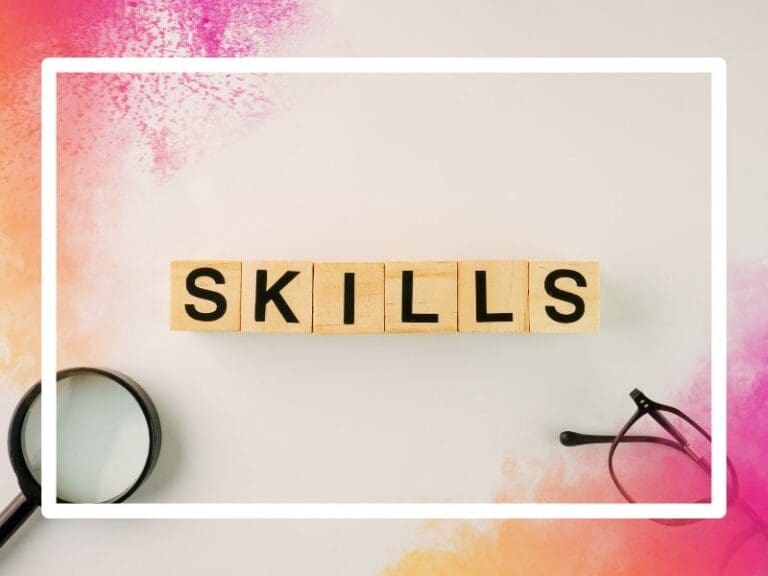For the first five or so years of my career, I felt like I was trying to be a square peg in a round hole.
Working in central banking, and pivoting after a few years to fintech, I was increasingly surrounded by men. Compared to my peers I was always less career-obsessed, less assertive, and less confident. I felt out of place, struggled to see where I fit in at work, and couldn’t picture what the path to success could look like for me. This feeling wasn’t made any easier by being the only woman in my team, and one of a handful in my department.
I struggled to find a role model I identified with not only in terms of gender, but personality and temperament. In the 2010s, career advice to women focussed on the need to change yourself in order to achieve the successes of your male counterparts: be more assertive.
Make yourself known. Lean in. All this advice yielded me was unhappiness and discordance in the workplace.
What sparked change?
A few years ago, a friend lent me a copy of Lean Out by Dawn Foster. It presents a strong counter-argument to Sheryl Sandberg’s Lean In philosophy, and whilst many of Foster’s
(profound and important) insights didn’t directly touch upon my own experiences, the relevant seed it implanted in my brain is this: whatever the answers to gender inequality in the workplace, they will not be as simple as ‘being more like a man’.
I started opening my eyes to examples around me of colleagues demonstrating qualities I saw in myself. Qualities that in the Lean In paradigm seemed womanly, and like a shortcoming: such as nurturance, humility, kindness and patience. It sometimes meant looking hard and in departments/teams beyond my own, but my unhappiness and discordance evaporated as I collated these examples into a model could strive towards. And so my advice to women in tech and beyond who struggle with similar feelings to mine: don’t diminish yourself.
Whether you’re a diligent problem-solver, the social glue of your team, a quiet list-afficionado, or a chaos wrangler. Relatable role models will be elusive, and while an inclusive workplace will help, the trick lies in actively watching for examples of colleagues who share your traits and succeed because of them. You will recognise that who you already are will be your greatest asset.
Further Reading
Context on the “Lean In” philosophy and ensuing backlash
A sample of Dawn Foster’s thoughts on corporate feminism
A meta-analysis on the impact of counterstereotypical role models on gender stereotypes/career choices








